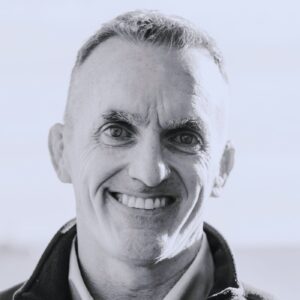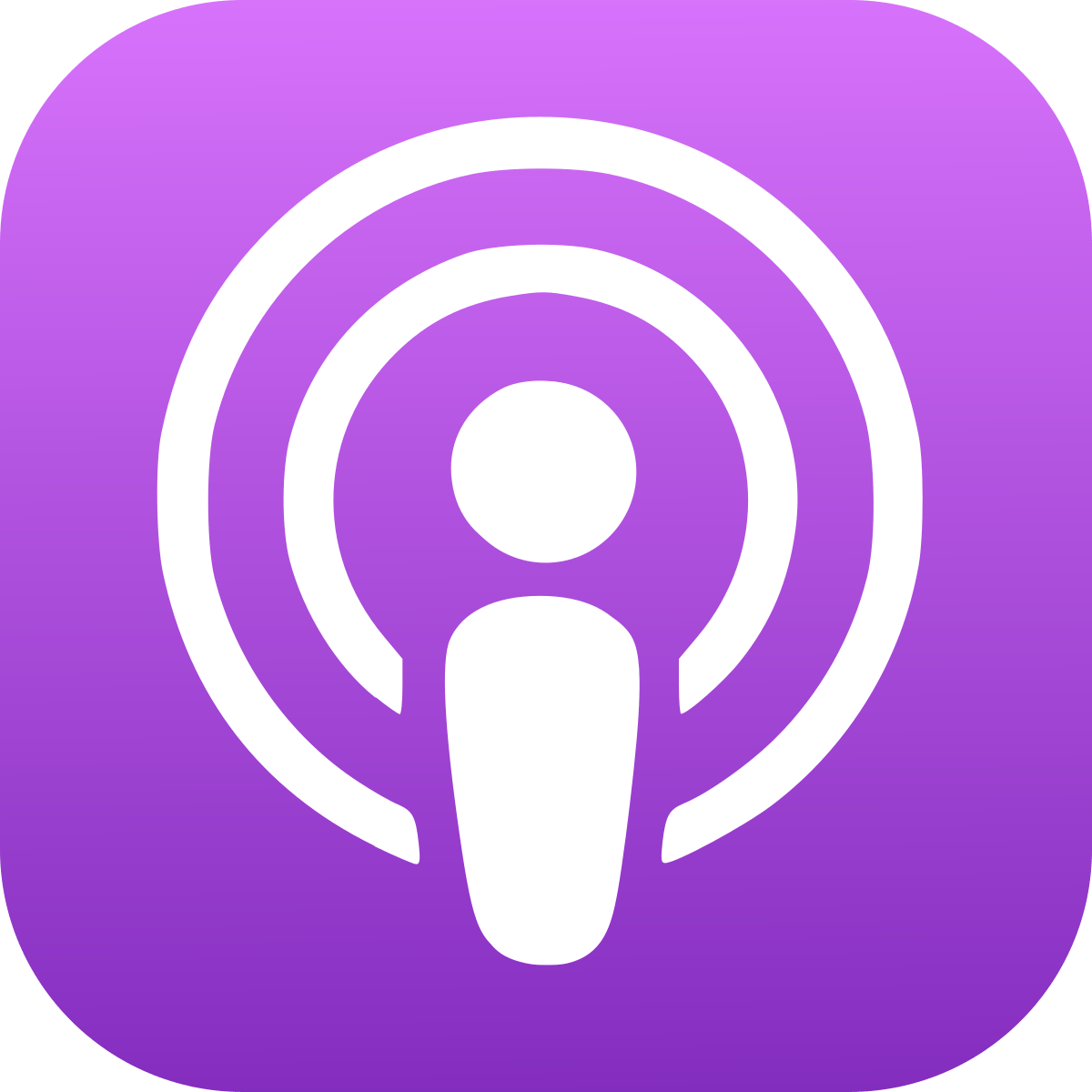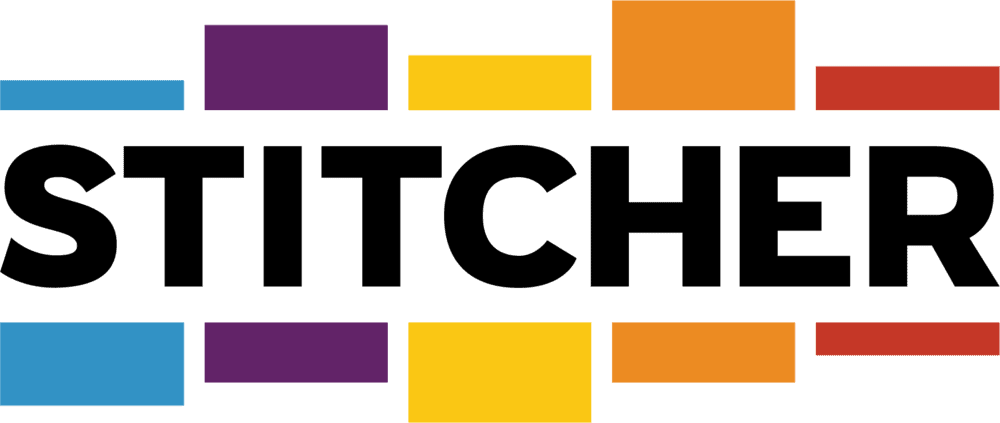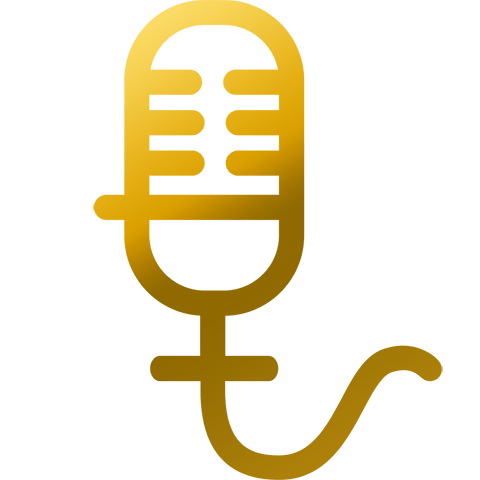People Want Answers: How to Communicate in a Crisis with Christopher Reddy
Between disinformation and misinformation, it’s difficult to know what and who to trust, especially during a crisis. When disaster does strike, it is critical that scientific information is communicated clearly. Oceanographer Christopher Reddy discusses his experiences relaying vital information during the Deepwater Horizon oil spill in 2010.
This is what we know, this is what we don't know, this is what's changing. ~ Christopher Reddy discussing science communication in a crisis, Episode 364 Share on XScientists are bathing in uncertainty. It is the basis of their work. As Chris says “if I’m certain about something, I’m not going to research it.” But during a disaster, people crave answers, not a comprehensive research paper published 5 years after the event! So a huge challenge for scientists is how to communicate effectively to both the media, the public and all of the stakeholders involved in disaster relief.
You have to think about the value system of folks who are curious. You have to start having a conversation. You have to find places where there is a common bond or a common interest. ~ Crisis Communication with Chris Reddy, Ep 364 Share on XIn this episode, we’ve reached outside of our traditional box of guests and are talking with a sharp, witty and very informative scientist, Christopher Reddy. Chris is a chemist, but for reasons he explains in the podcast, he most often refers to himself as an oceanographer. He is a leader in the study of marine pollution and the development of environmentally friendly industrial chemicals and works as a senior scientist in the Department of Marine Chemistry and Geochemistry at Woods Hole Oceanographic.
When the Deepwater Horizon oil spill disaster struck in the Gulf of Mexico in 2010, Chris was one of the sets of boots on the ground, leading the field operations. His expertise in the science of oil spills meant he was thrust into a public facing role which later got him personally entangled in the BP legal case surrounding the liability for the spill. He’s written about this experience in his new book, Science Communication in a Crisis: An Insider’s Guide.
We love bringing you interesting and funny conversations from people like Chris. If you would like to support our work, please share this episode on social media, write a review on your app or become a Behavioral Grooves Patreon member.
Topics
(3:57) Welcome and speed round questions.
(7:57) How communicating can make you a better scientist.
(13:02) Who are the most important stakeholders in the communication process?
(16:16) Mistrust in science is a big challenge.
(18:04) How to communicate uncertainty.
(22:32) Public statements have real world consequences.
(25:33) Why you shouldn’t start a conversation with your PhD qualifications!
(30:18) The hardest part of the Deepwater Horizon disaster for Chris.
(35:05) Clair Patterson’s impact on the world.
(39:11) Advice on how to become a science communicator.
(40:46) Why Chris can’t listen to music.
(46:19) Grooving Session with Kurt and Tim on communicating.
© 2023 Behavioral Grooves
Episodes Other Listeners Enjoyed
Episode 165, Shlomi Ron: Visual Storying Telling In a Time of Crisis
Episode 280, Do We Judge Others By The Way They Speak? | Katherine Kinzler PhD
Podcast: Play in new window | Download
AIRDATE: July 9, 2023 EPISODE 364
Podcast: Play in new window | Download
People Want Answers: How to Communicate in a Crisis with Christopher Reddy
Featured Guest

Christopher Reddy
LINKS
Chris’ book: Science Communication in a Crisis: An Insider’s Guide: https://amzn.to/3rfrKan
Deepwater Horizon oil spill in 2010: https://en.wikipedia.org/wiki/Deepwater_Horizon
Clair Patterson: https://en.wikipedia.org/wiki/Clair_Cameron_Patterson
Clair Patterson, the Hero Who Got the Lead Out of Gasoline: https://www.bbvaopenmind.com/en/science/environment/clair-patterson-got-lead-out-of-gasoline/
Freddie Mercury: https://en.wikipedia.org/wiki/Freddie_Mercury
Larry Bird: https://en.wikipedia.org/wiki/Larry_Bird
Behavioral Grooves Patreon: https://www.patreon.com/behavioralgrooves











